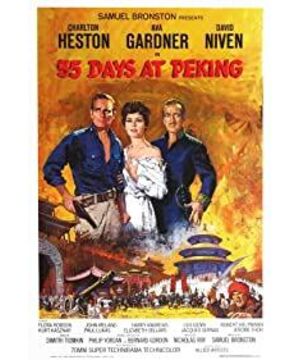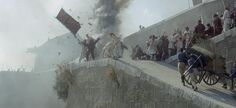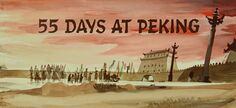From a different perspective, there are completely different understandings about wars that occurred on the mainland. In the closed political and economic environment, they must be regarded as barbaric aggression. However, from the perspective of the invaders, trade The exchange of envoys is a normal international principle. It seems normal today. It is in the interest of the invaders to launch armed attacks on countries that do not abide by the international norms.
According to the principle of invaders, most treaties that we think of as unequal actually allow a closed country to abide by international laws. But does this equalize inequality? China boycotted because of rejection, and foreign countries launched war because of boycott.
If we simply regard this process as a game between conservativeness and globalization, then the Qing government will be completely defeated, but what role do the people play in this? Whether to enjoy the benefits of internationalization, or to worry about the interference of foreign forces on politics and economy, judging from this film, many people choose the latter. In fact, many people today are stubborn on the latter, and emotionally speaking, they also talk about the past. It's just that the latter actually does more harm than good to the country's development.
View more about 55 Days at Peking reviews











